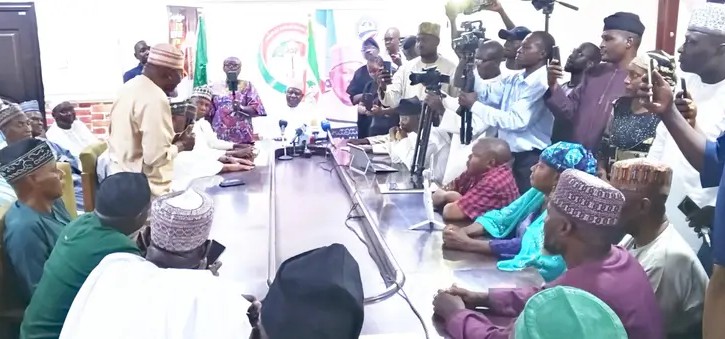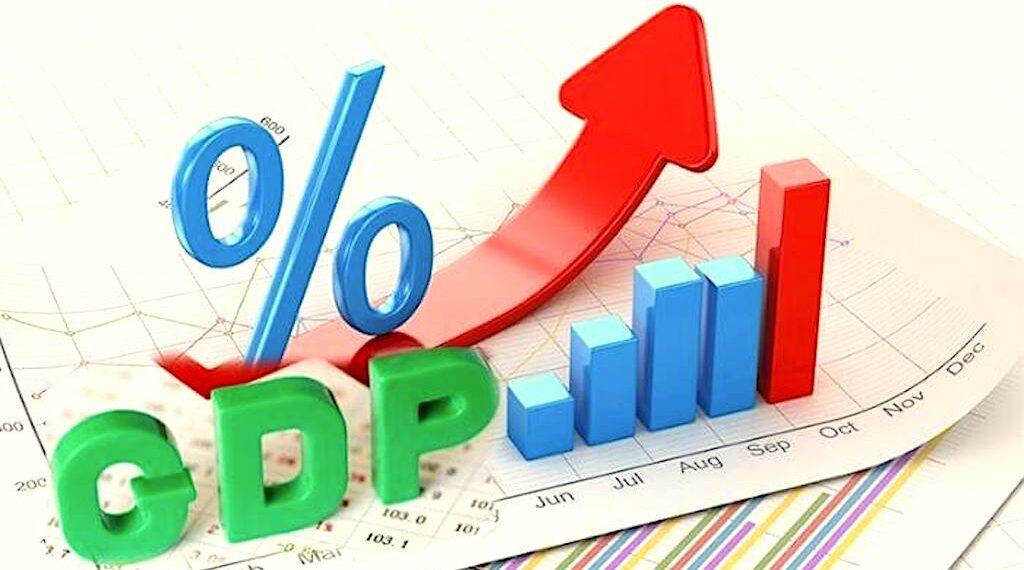In a significant shift in US policy, President Donald Trump has announced plans to lift sanctions on Syria, a move that reverses over a decade of pressure on Damascus. The decision aims to support the new government in stabilizing the country, which has been ravaged by nearly 15 years of civil war. Trump expressed his hope for a “fresh start” with the transitional government led by Ahmed al-Sharaa, who recently toppled longtime leader Bashar Assad.
According to Trump, the new government has the potential to succeed in bringing peace to Syria. “There’s a new government that will hopefully succeed in stabilizing the country and keeping peace,” he said during an investment forum in Riyadh. The US president added that he will be ordering the cessation of sanctions against Syria to give the country a chance at greatness. “It’s their time to shine. We’re taking them all off,” Trump said, wishing Syria “good luck” in its endeavors.
The move is seen as a significant development in US-Syria relations, with Syrian Foreign Minister Asaad al-Shibani expressing readiness to foster a relationship with the US rooted in mutual respect, trust, and shared interests. Al-Shibani also believes that Trump could achieve a “historic peace deal and victory for US interests in Syria.” Al-Sharaa, who recently met with French President Emmanuel Macron in Paris, has argued that there is no justification for maintaining sanctions that hinder Syria’s recovery from the devastating civil war.
The conflict in Syria began in 2011 with an anti-Assad uprising, which eventually descended into a chaotic civil war. The US, under President Barack Obama, had provided support to “moderate” militants, some of whom later defected to jihadist groups. Trump carried out airstrikes on Syrian military sites during his first term in office. The opposition offensive, led by Al-Sharaa’s Hayat Tahrir al-Sham (HTS) group, which has ties to Al-Qaeda, resulted in the capture of Damascus in December. However, the offensive was also marked by massacres of Alawites, Christians, and Assad loyalists, raising concerns among human rights groups.
The Russian Foreign Minister, Sergey Lavrov, had argued in February that the sanctions were harming the Syrian people and should be lifted without preconditions. The US decision to lift sanctions is likely to have significant implications for the region and the future of US-Syria relations. As the situation continues to unfold, the international community will be watching closely to see how the new government in Syria navigates the complex challenges ahead.



